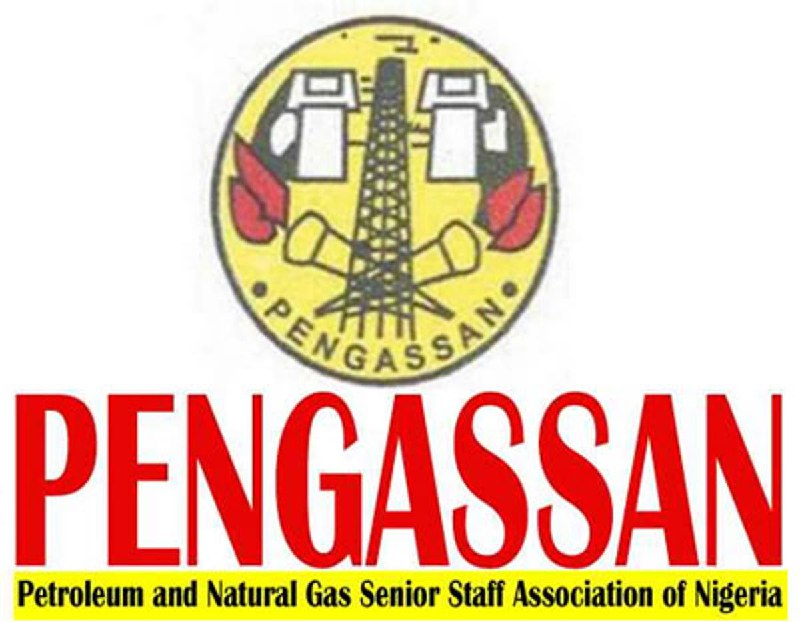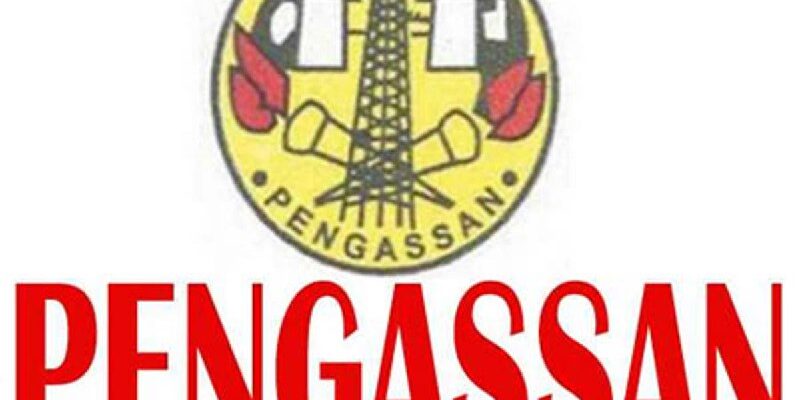
Union urges FG to adopt NLNG model for refineries, demands transparency in fuel pricing
ABUJA — The Petroleum and Natural Gas Senior Staff Association of Nigeria (PENGASSAN) has sounded the alarm over the growing exodus of multinational oil companies from Nigeria, blaming worsening insecurity in oil-producing regions — particularly in the waterways — for the trend, despite the Federal Government’s recent cost-saving initiatives.
Addressing journalists in Abuja on Monday, PENGASSAN President, Comrade Festus Osifo, said that although President Bola Tinubu’s recently signed Upstream Petroleum Operations Cost Efficiency Incentives Order (2025) was a step in the right direction, it failed to tackle the core issue — insecurity.
“The chief reason international oil companies are leaving Nigeria is insecurity,” Osifo stated. “The cost of securing infrastructure has become prohibitive. That’s why countries like Mozambique, Guyana, Angola, and Congo are now more attractive to investors.”
The executive order, signed in May, introduces up to 20% performance-based tax credits for upstream oil companies that meet specific cost-efficiency benchmarks. But according to PENGASSAN, this incentive cannot outweigh the burden of massive private security spending by oil firms operating in Nigeria.
“For one offshore installation, you need at least three to four security vessels, manned by naval personnel — all paid for by the companies,” Osifo explained. “In Ghana, the government provides this protection.”
He urged the Federal Government to assume full responsibility for securing oil assets, arguing that security should not be outsourced at great cost to private investors — a practice he described as costing “hundreds of millions of dollars annually.”
Calls for NLNG-Style Reform in Refinery Management
PENGASSAN also called for the adoption of the Nigeria Liquefied Natural Gas (NLNG) model to revamp the country’s moribund refineries. Osifo proposed that the Federal Government hold a minority stake while bringing in competent international investors to manage the facilities.
“The NLNG model has worked. Why can’t we replicate this structure for the refineries, particularly the Port Harcourt refinery? It would eliminate political interference and boost efficiency,” he said.
He further alleged that some refineries remain shut due to political interests, not operational deficiencies.
Fuel Price Discrepancies and Local Content Concerns
The union also raised questions about the transparency of petrol pricing. Osifo noted that despite crude oil prices dropping from $80 to around $60 per barrel in recent months, Nigerians saw no corresponding reduction at the pump.
“When crude was $60, petrol should have sold between N700 and N750 per litre — not N900. Nigerians were being exploited,” he said, calling on the Nigerian Midstream and Downstream Petroleum Regulatory Authority (NMDPRA) to act swiftly to protect consumers.
In a related development, PENGASSAN announced a new agreement with Sterling Oil Company aimed at curbing expatriate dominance in Nigeria’s oil and gas sector and prioritising skills transfer to Nigerian workers.
Democracy Day Message: Deliver on Good Governance
Marking Nigeria’s Democracy Day, Osifo reminded the government of the spirit of June 12, emphasizing that democracy must translate into improved welfare for citizens.
“Democracy should bring food to the table, quality healthcare, access to education, and jobs. After 26 years, we should not still be grappling with basic necessities,” he said.
The union’s message comes at a critical time as Nigeria seeks to attract foreign investment into its oil sector while battling security threats, political interference, and rising living costs.

Comments